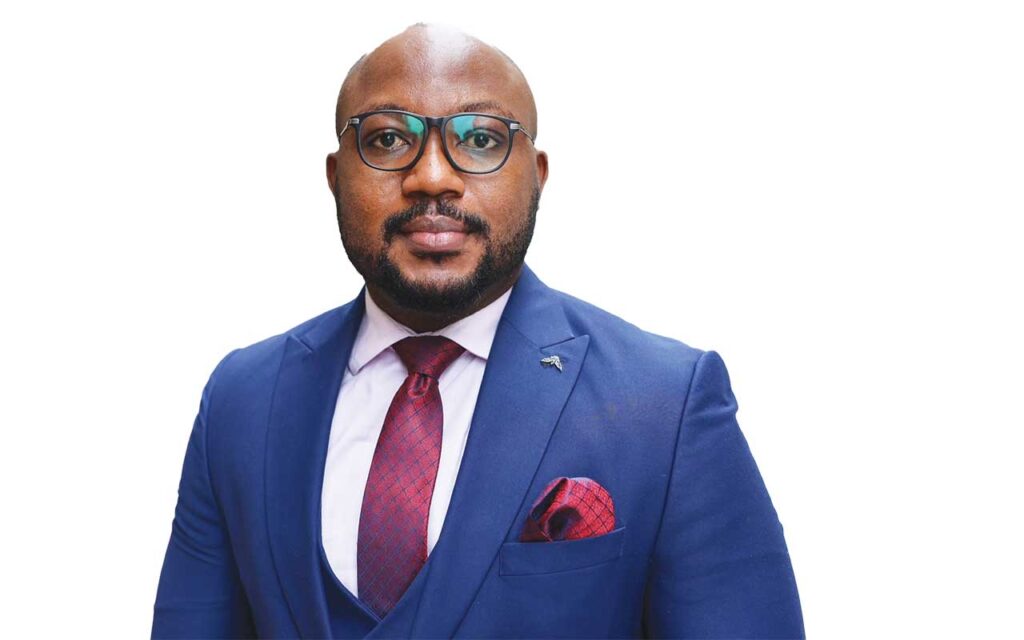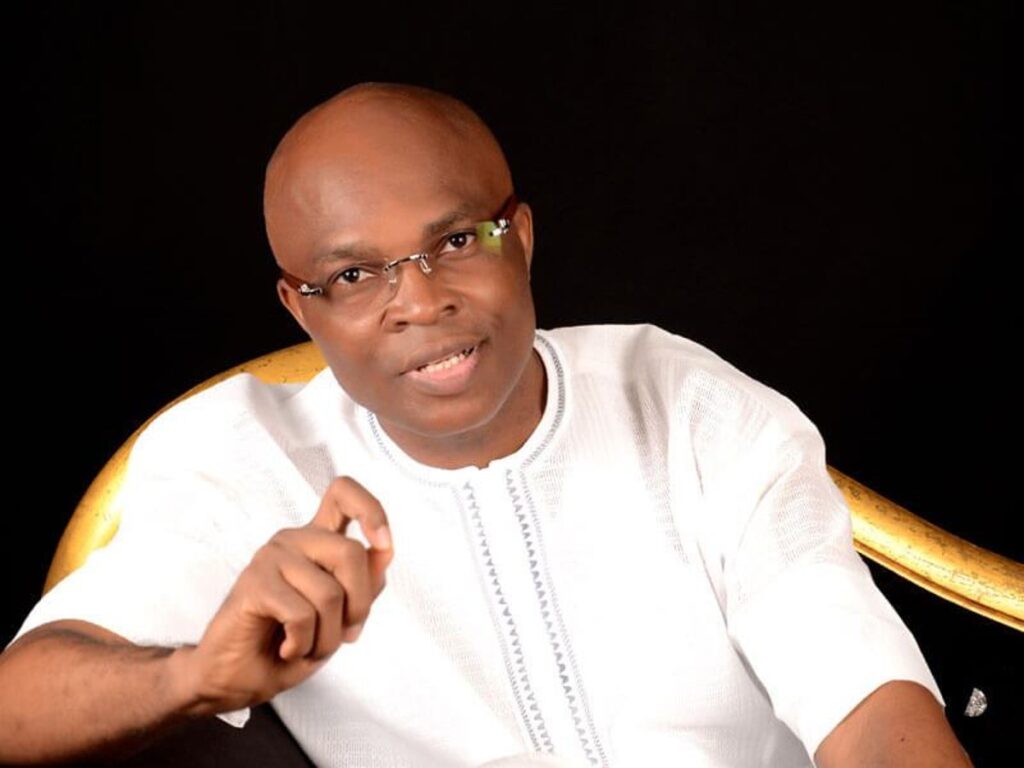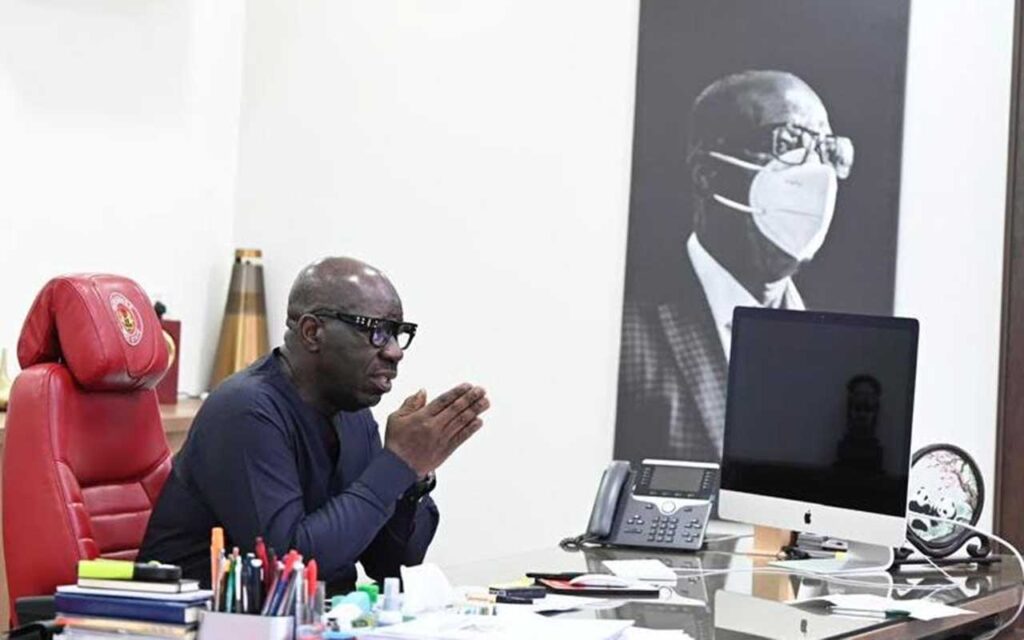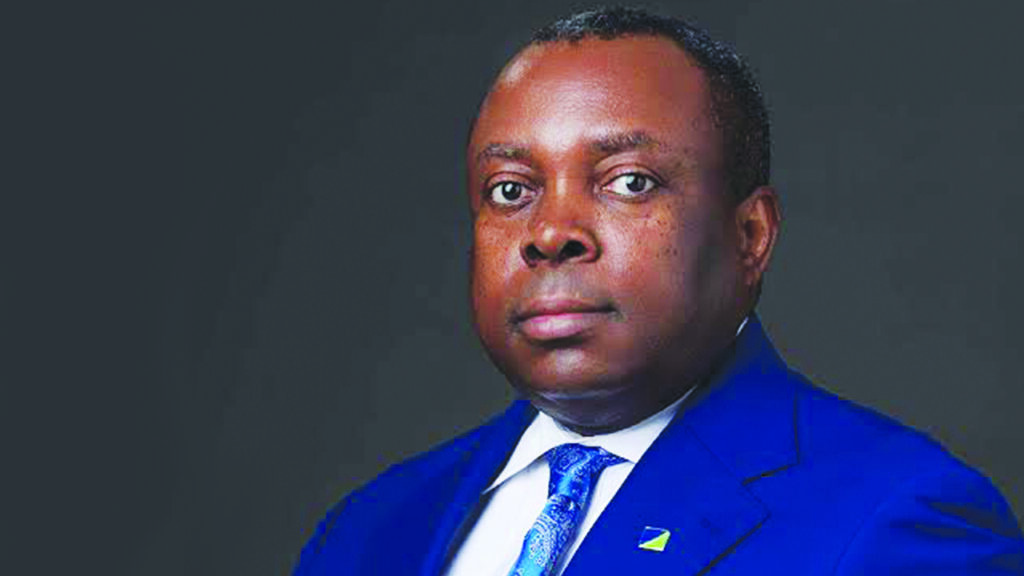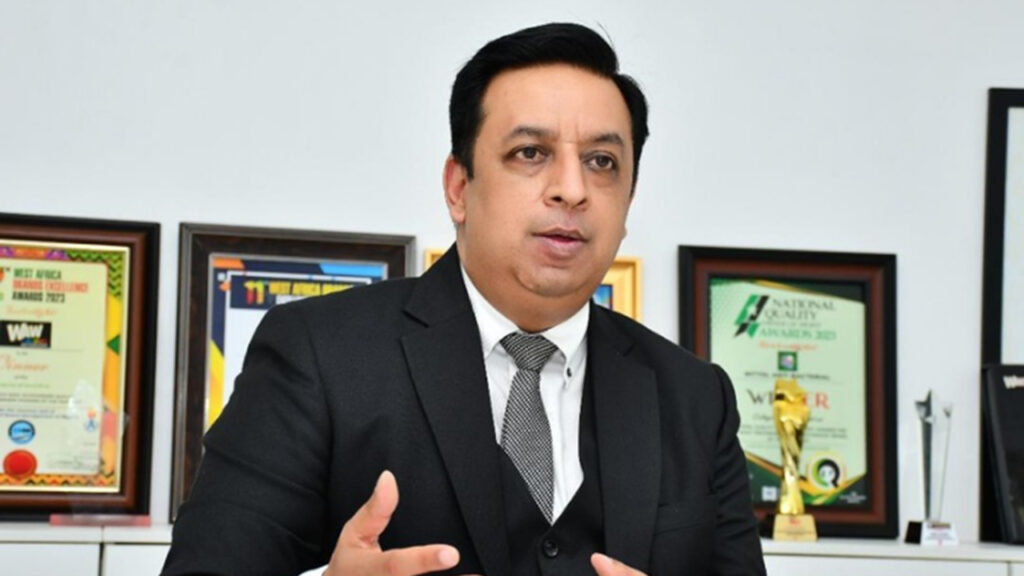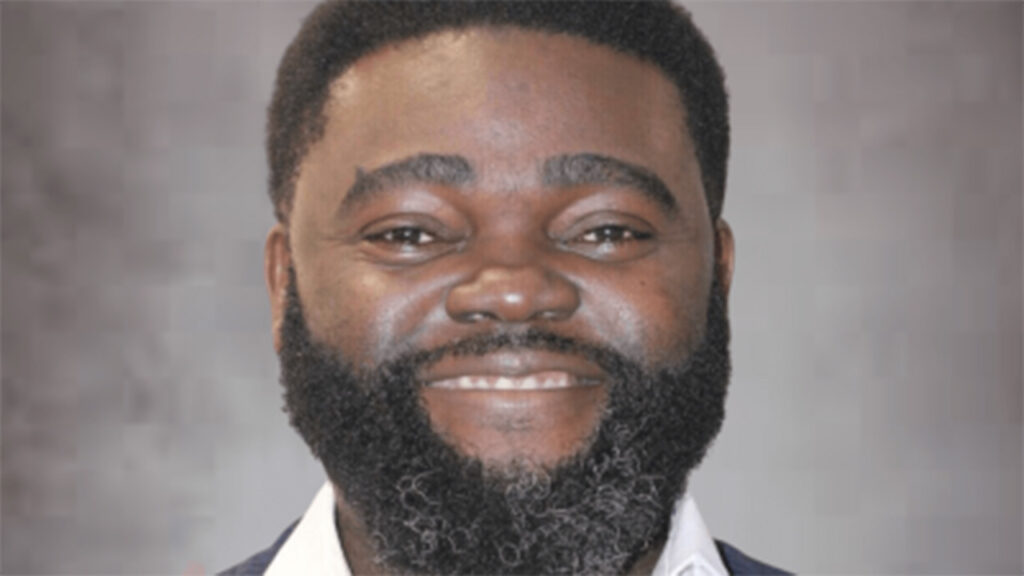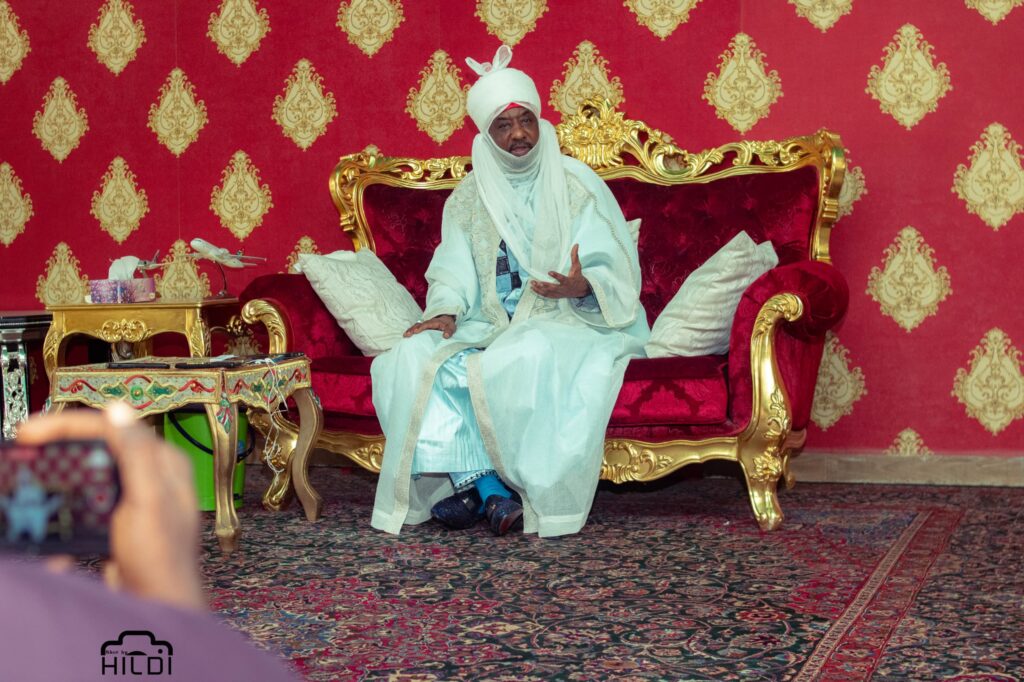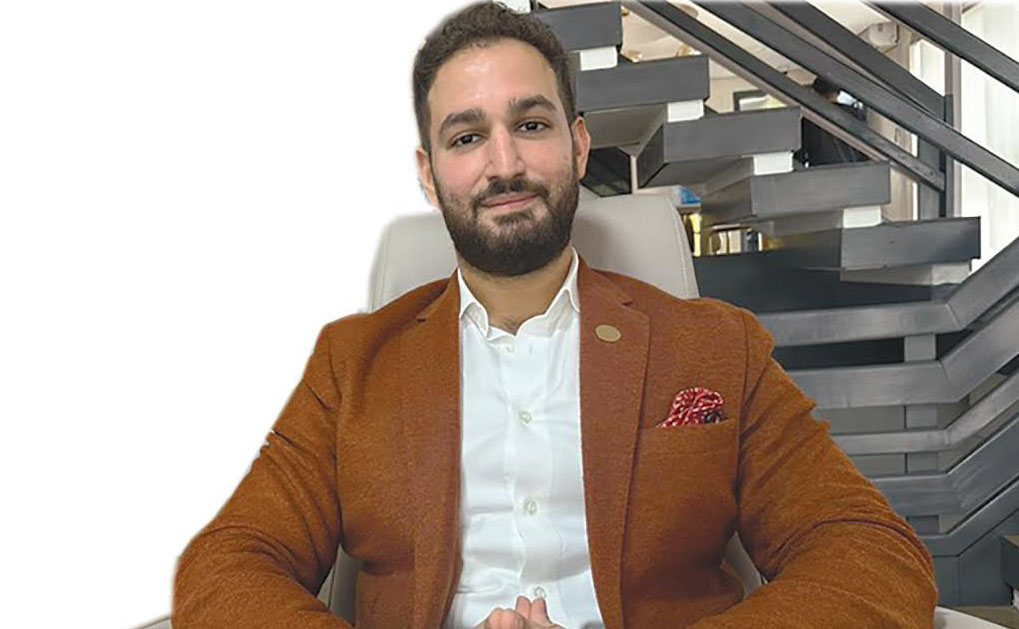
Speaking during the event, the US Consul General Jeffrey Hawkins congratulated Nigerians for playing a constructive role in ensuring successful and largely peaceful 2015 elections.
“Let me echo President Barack Obama’s congratulatory message to all Nigerians following the conclusion of the Presidential election. The last few days have shown the world the strength of Nigeria’s commitment to the tenets of democratic principles. Our Assistant Secretary of State for African Affairs followed up with an Op-Ed titled, ‘When Nigeria Decides, Nigeria Wins.’
“This is so true because we saw the same collective Nigerian effort that produced remarkable results to halt the spread of the dreadful Ebola Virus Disease. The world has indeed watched Nigeria’s successes; and for me, experiencing the historic elections first hand has been a highlight of my career as a diplomat,” Hawkins said.
He commended the efforts of the news media in offering a platform for the expression and amplification of ideas by political candidates during the campaign season.
“The news media, like their peers in other parts of the world, shoulder a heavy responsibility to inform and educate the electorate, in some cases placing themselves in harm’s way. We are aware that some courageous journalists were injured during the elections.”
Hawkins said that by providing to the Nigerian electorate timely, factual, analytical and objective information to help them understand the issues and where the candidates stand, the news media lived up to a universal professional standard and contributed immensely to a healthy and functioning democracy in Nigeria.
“You and your peers deserve kudos for a job well done. And I look forward to hearing your self-assessment of your performance,” he said.
According to him, a free press is essential to a healthy democracy. “Not only during elections but every day of the month, and every year the news media must remain focused and engaged. The news media can be a powerful force for change. It can effectively fulfill the roles of watchdog, gatekeeper and agenda-setter. It can improve governance by raising citizen’s awareness of social issues, enabling citizens to hold their governments to account, curbing corruption, and creating a civic forum for debate. I challenge you to continue to play an effective role in amplifying important issues that affect citizens.”
He recalled that to support the news media to play its central role in enhancing democracy, the U.S. Government supports capacity building and defends the freedom of the press all over the world.
“Since the establishment of diplomatic relations between the US and Nigeria in 1960, the U.S. Government has sponsored hundreds of media training and capacity-building programmes for journalists. In support of the 2015 elections in the last 18 months, the U.S. Mission supported more than 28 election outreach events initiated by the Embassy in Abuja and the Consulate General here in Lagos.”
He added that the Public Affairs Section organized media training workshops in cities across the country including Port Harcourt, Lagos, Ekiti, Abeokuta, Osogbo, Kaduna, and Abuja.
“We also conducted training for the INEC press officers months before the elections, to prepare them to be responsive to the news media in order to inform the general public about voter education, registration and polling information.
“We invited prominent Americans, members of your profession, to Lagos to share their expertise, including Professors Lucinda Fleeson of the University of Maryland; Gary Kebbel of the University of Nebraska; former CNN Middle East Bureau Chief, Derwin Johnson, and Edwin Cue. A handful of online and video conferences were also facilitated between senior American media practitioners and their Nigerian counterparts.”
One of such interactions, he said, was a LiveAtState Virtual Press Conference on election reporting, which the US Assistant Secretary of State for Public Affairs, Doug Frantz, a Pulitzer Prize-winning former investigative journalist, held with reporters gathered in Lagos and Abuja in February.
“We are delighted that our efforts in support of your profession have helped you and your peers to demonstrate impressive professional acumen during the elections. As I mentioned earlier, journalists were attacked and intimidated to prevent them from performing their work.
The courage they demonstrated was remarkable. When Charles Eruka was injured during the violence in Okrika, Port Harcourt, I spoke with John Momoh, CEO of Channels TV to express our solidarity and to condemn attacks against journalists. There is no place for violence in a democracy. All of us need to stand together to condemn such attacks and intimidation against journalists.”
Hawkins recalled that the US Assistant Secretary of State, Linda Thomas-Greenfield said in her Op-Ed on the elections last month: “Washington is deeply committed to working with you, the Nigerian people, for many years to come.”
In her paper titled: “Hate Speech Media Ethics and 2015 Electioneering Campaign: Insights from Relevant Codes and Electoral Act,” a lecturer at Department of Mass Communications,University of Lagos, Dr. Abigail Ogwezzy-Ndisika, recalled that on Saturday, March 28 and April 11, 2015 Nigerians voted along party lines; and today, we are living together as Nigerians.
“This is the reality considering the fact that the entire elections had been keenly contested, especially between the Peoples Democratic Party (PDP) and All Progressives Congress (APC). Out of the 26 registered political parties that participated in the 2015 general elections, only 13 fielded presidential candidates and the two major contestants were incumbent, President Goodluck Ebele Jonathan (GEJ) of PDP; and the major opposition candidate, retired General Muhammadu Buhari (GMB), a former Head of State who had previously contested thrice (2003, 2007 and 2011) but lost,” Ogwezzy-Ndisika said.
She added that during the countdown to the presidential election held on March 28, there was apprehension about the elections turning violent because of previous experiences as some politicians saw it as a do-or-die affair, fighting dirty with acerbic words, half-truths and outright lies in their electioneering campaigns.
“|The two major contestants (GEJ and GMB), along with nine other party leaders, first signed what has now come to be known as the Abuja Accord on January 14, 2015. The peace pact was witnessed by former United Nations Secretary-General, Kofi Annan, and former Secretary-General of the Commonwealth, Emeka Anyaoku. The substance of that accord was their commitment to free, fair and credible election, the don said.
She added that with the conclusion of the 2015 general elections, Nigerians, especially media professionals, are assessing various factors that shaped or even damaged ethical values while the electioneering lasted, especially the hate speeches and foul languages that characterized the campaigns.
She noted that the mass media have remained in the fore of the struggle to promote the rights of Nigerians through a credible election process. “However, this is not to suggest that the media have been perfect in all circumstances. They have been severely criticized for complicity in truncating and subverting the election process at various times.
“The media are crucial to the dissemination of credible information as well as providing a communication level playing field to the principal competitors and even to the electoral umpire, namely the Independent National Electoral Commission (INEC)”.
Anything to the contrary, apart from acting outside the ambit of the law which could result in law suits, she said, will destroy the credibility of journalists and media outfits; and portray them as unprofessional in covering elections and the processes.
“As such, journalists owe their audiences moral responsibilities, which are ethical and referred to as soft laws, and now codified. The codified laws deal with the moral principles or norms for action.”
She recalled that the Report on the Fourth World Conference on Women stated that although the media have been recognized as a useful instrument in advancing the status of women and fostering equality between men and women, “print and electronic media in most countries do not provide a balanced picture of women’s diverse lives and contributions to society in a changing world.
“Women have been under-represented, excluded or silenced in many media forms. This might account for why some feminists accuse the media of failing to provide accurate and gender balanced coverage and reports when it continues to exclude half of the world’s population as news subjects,” she averred.



